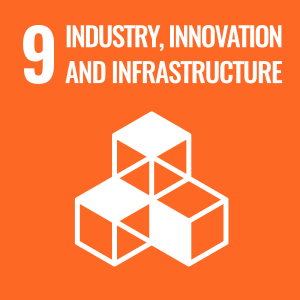When it comes to better understanding digital inequalities and improving the impact of local policies, there is a lack of tools. The creation of an observatory aims to fill this need.
OBJECTIVES
The constant renewal of the digital environment is threatening the ability to maintain contact with public administration, economic opportunities, health services and their social environment. When it comes to better understanding digital inequalities and improving the impact of local policies, there is a lack of tools. The creation of a local observatory aims to fill this need, through collaboration with other cities is a path towards greater comparability and benchmarking in the future.
DESCRIPTION OF ACTIONS CARRIED OUT
The observatory has emerged in two main stages. First, statistical work on existing data has made it possible to extrapolate the main characteristics of the population most affected by the digital divide. Then, a survey of 5,000 inhabitants allowed us to go a step further, refining the definition of the various priority groups, avoiding preconceived conclusions, and discovering new needs. The action has been developed with a constant reference to the digital skills sets at European level (DIGICOMP), again to ensure comparability in the future.
KEY SUCCESS FACTORS
The success of this project lies not only in the methodological soundness of its implementation, but it is also an opportunity, from the beginning and throughout its life cycle, to bring together a whole ecosystem of stakeholders interested in a better understanding of digital inequalities: social services at state, regional and municipal level, public and private partners, key players, on the ground, dealing with the consequences of digitally impaired citizens.
MAIN RESULTS ACHIEVED
The clear vision of the map and nature of digital inequalities, from connectivity to digital culture, digital skills, the ability to understand the changes, has achieved its main objective: to create lasting and operational knowledge. This main objective has organically generated another: the need to better represent the populations affected by the digital divide.




